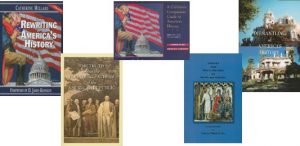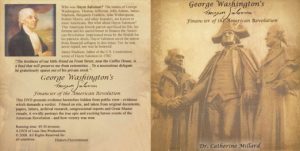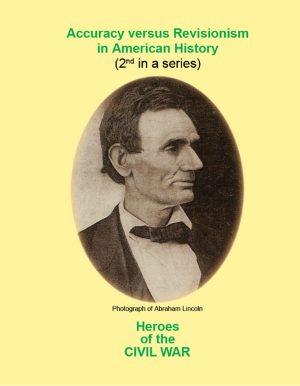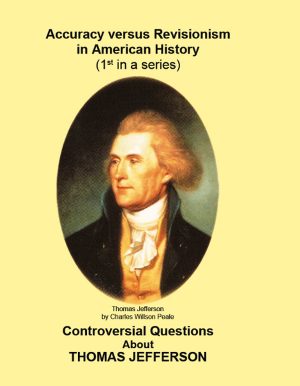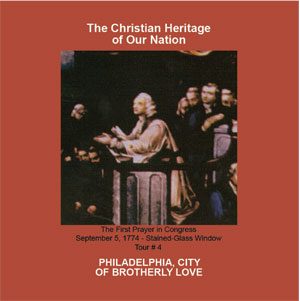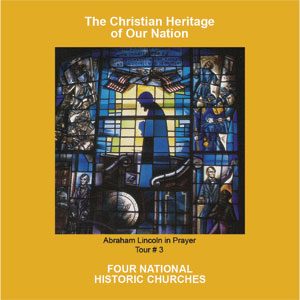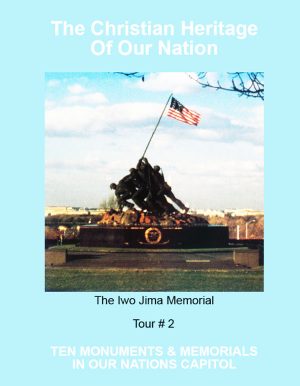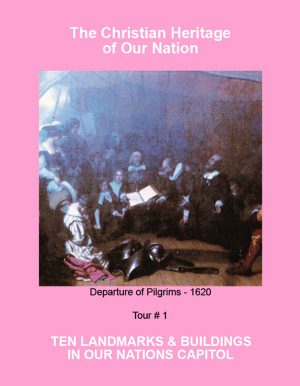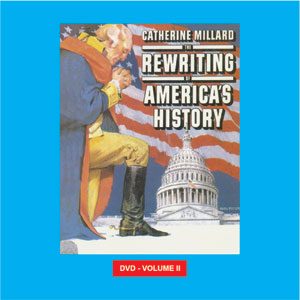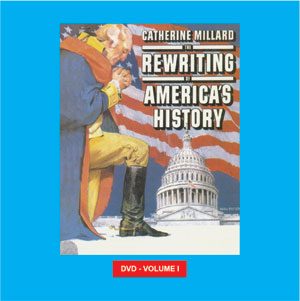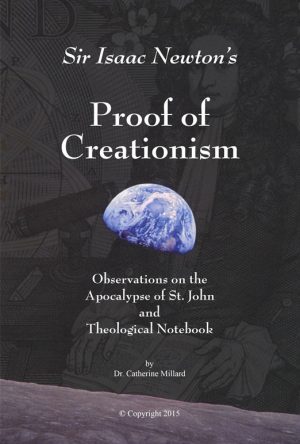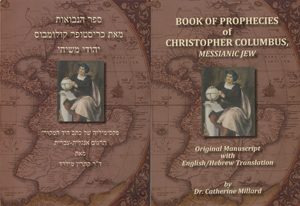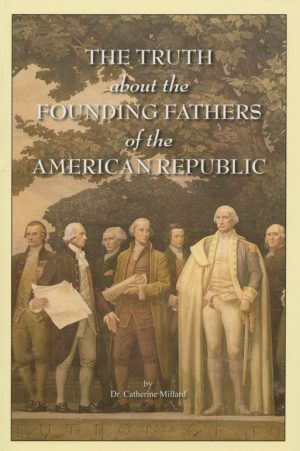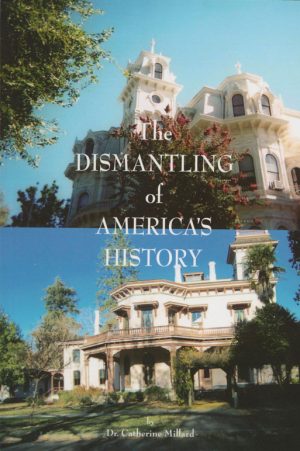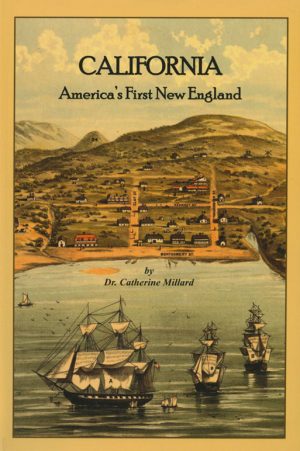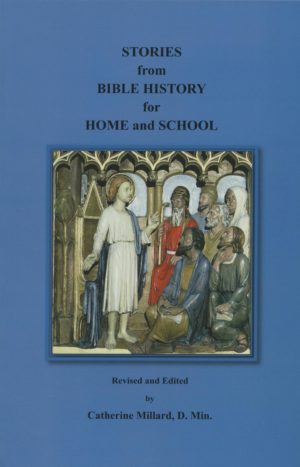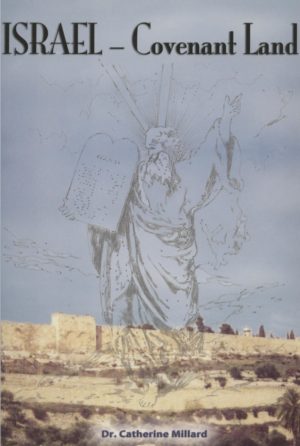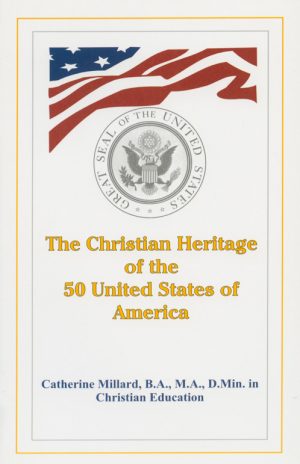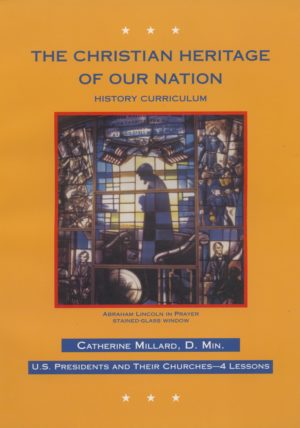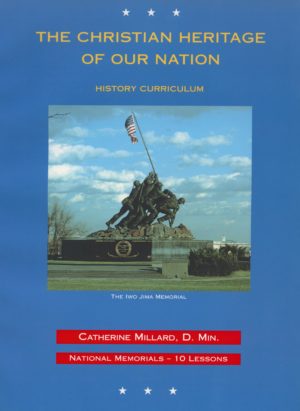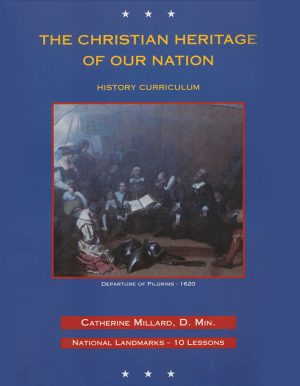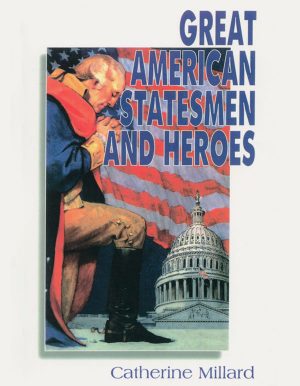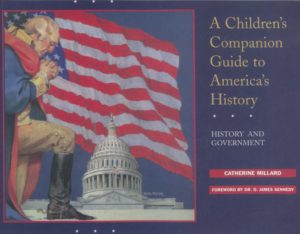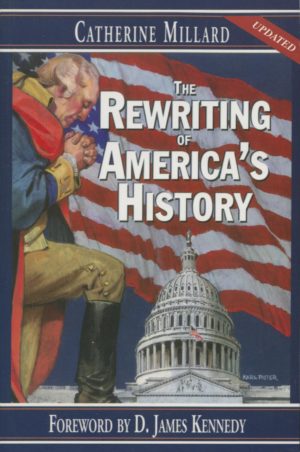Religious Freedom in America
Thomas Jefferson believed his greatest accomplishments were the writing of the Declaration of Independence and the passage of his Act for Establishing Religious Freedom in the State of Virginia in 1786. Jefferson fought against Virginia’s state-supported clergy and church, as had been common practice in Europe. He believed that each individual should be free to contribute according to his conscience to a pastor and church of his own choice, and that one’s religious beliefs should not in any way determine his suitability for civil government. Following are the introduction and conclusion to the Act:
…Well aware that Almighty God hath created the mind free; that all attempts to influence it by temporal punishments and burthens, or by civil incapacitations tend only to beget habits of hypocrisy and meanness, and are a departure from the plan of the Holy Author of our Religion, who, being Lord both of body and mind, yet chose not to propagate it by coercions on either, as was in his Almighty power to do; that the impious presumption of legislators and rulers civil, as well as ecclesiastical who being themselves but fallible and uninspired men, have assumed dominion over the faith of others, setting up their own opinions and modes of thinking as the only true and infallible, and as such endeavoring to impose them on others, hath established and maintained false religions over the greatest part of the world, and through all time: That to compel a man to furnish contributions of money for the propagation of opinions which he disbelieves, is sinful and tyrannical; that even the forcing him to support this or that teacher of his own religious persuasion, is depriving him of the comfortable liberty of giving his contributions to the particular pastor whose morals he would like to pattern, and whose powers he feels most persuasive to righteousness…be it therefore enacted by the General Assembly, That no man shall be compelled to frequent or support any religious worship, place or ministry whatsoever, nor shall be enforced, restrained, molested, or burthened, in body or goods, nor shall otherwise suffer on account of his religious opinions or belief; but that all men shall be free to profess and by argument maintain their opinions in matters of religion, and that the same shall in nowise diminish, enlarge, or affect their civil capacities… 1
The First Amendment Clause of the U.S. Constitution
The following year, on September 17, 1787, the U.S. Constitution was written and signed. It included the important First Amendment Clause, that, “Congress shall make no law respecting an establishment of Religion, or prohibiting the free exercise thereof.” Jefferson’s 1786 Act for Establishing Religious Freedom was a forerunner to the First Amendment of the Constitution.
Separation of Church from Interference by the State –
Jefferson’s Letter to the Danbury Baptists
In recent years, those who would like to interpret the First Amendment in a manner America’s forefathers never intended, have made use of the term “Separation of Church and State” to mean that there could be no possible impact or influence of Christianity upon civil government – or even upon education.
The true meaning of the Establishment Clause can be stated in these terms – “Separation of Church from interference by the State.” The only time the expression “Separation of Church and State” was used by a founding father, is an off-the-record, non-political letter written by Thomas Jefferson to the Danbury Baptist Association. He wrote this letter on January 1, 1802, replying to their public address which applauded his stance for establishing Religious Freedom. Jefferson prefaces his statement with an assurance to the Danbury Baptists that he concurs with their belief of man being accountable to God alone for his mode of worship, without the government’s coercion or interference:
…Believing with you that religion is a matter which lies solely between man and his God, that he owes account to none other for his faith or his worship, that the legislative powers of government reach actions only, and not opinions, I contemplate with sovereign reverence that act of the whole American people which declared that their legislature should “make no law respecting an establishment of religion, or prohibiting the free exercise thereof,” thus building a wall of separation between Church and State…2
Religious Values Protected from Government Interference
The wall of separation between Church and State of which Jefferson speaks, is clearly in reference to protecting religious worship from the government’s interference, and not the government being encroached upon by religious values. Furthermore, the Declaration of Independence itself concludes with an emphasis upon this new nation’s dependence upon God’s protective care:
…with a firm reliance upon the protection of Divine Providence, we mutually pledge our lives, our fortunes and our sacred honor.
To learn more, click here. (Statesmen/Heroes book)
___________________________
Bibliography:
1
Jefferson, Thomas. Statute for Religious Freedom. Rare Book Collection, Library of Congress, Washington, D.C.
2
Lipscomb, Andrew A. (ed.) The Writings of Thomas Jefferson. Vol. XVI. The Thomas Jefferson Memorial Association of the United States. Washington, D. C.: 1904, pp. 281-282.
